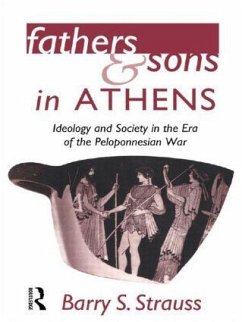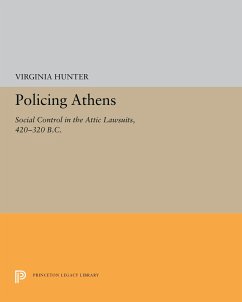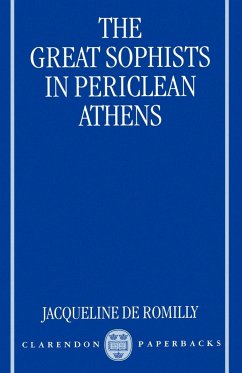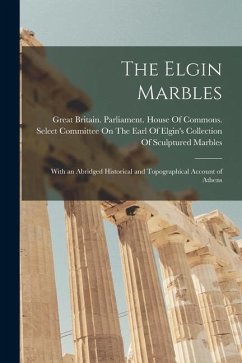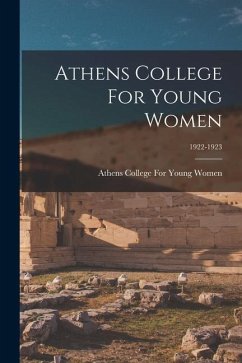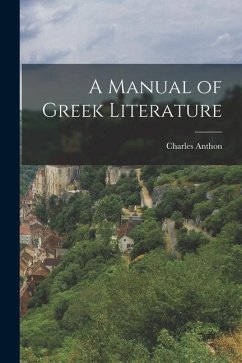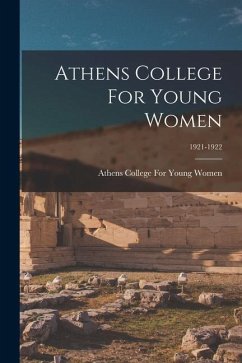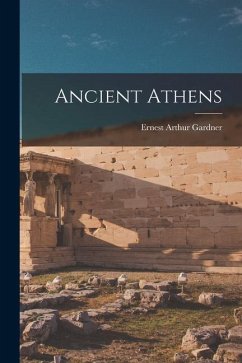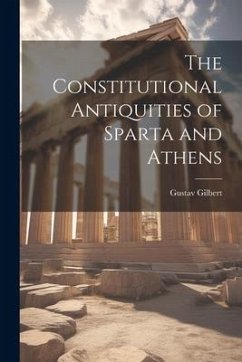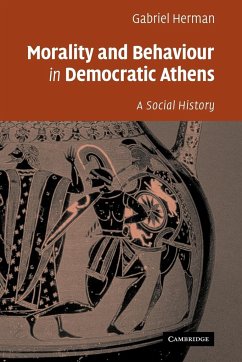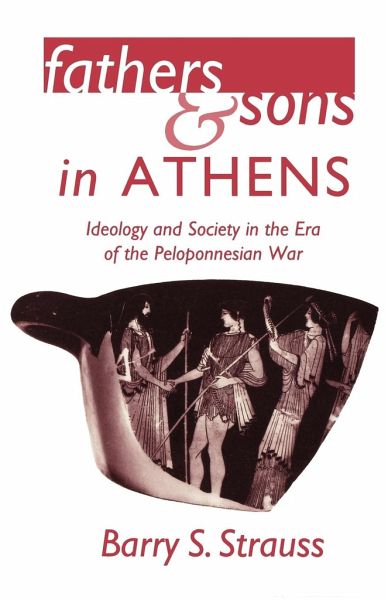
Fathers and Sons in Athens
Ideology and Society in the Era of the Peloponnesian War
Versandkostenfrei!
Versandfertig in über 4 Wochen
41,99 €
inkl. MwSt.

PAYBACK Punkte
21 °P sammeln!
Father-son conflict was for the Athenians a topic of widespread interest that touched the core of both family and political life, particularly during times of social upheaval. In this vivid account of the intermingling of politics and the private sphere in classical Athens, Barry Strauss explores the tensions experienced by a society that cherished both youthful independence and paternal authority. He examines father-son relations within the Athenian family and the way these relations were represented in a wide variety of political and literary texts. His inquiry reveals that representations o...
Father-son conflict was for the Athenians a topic of widespread interest that touched the core of both family and political life, particularly during times of social upheaval. In this vivid account of the intermingling of politics and the private sphere in classical Athens, Barry Strauss explores the tensions experienced by a society that cherished both youthful independence and paternal authority. He examines father-son relations within the Athenian family and the way these relations were represented in a wide variety of political and literary texts. His inquiry reveals that representations of patricide, father beating, and son murdering did not necessarily coincide with actual instances but rather served as metaphors for intergenerational tensions fueled by democracy, the sophists, and the Peloponnesian War. Strauss points out that major Athenian accounts of father-son conflict--such as the myth of the Athenian national hero, Theseus, and the plays of Euripides and Aristophanes--were either produced or enthusiastically revived during the war. He traces the relation between the use of familial metaphors in these accounts and fluctuations in Athenian wartime ideology: as the fortunes of Athens shifted, citizens went from confidence in their elder statesman Pericles to enthusiasm over a new generation of young politicians led by Pericles' ward Alcibiades, and back to an insistence on what Athenians called the "paternal" rule of older leaders. In emphasizing the blurring of boundaries between family and state, or private and public, in Athens, Strauss encourages us to reflect anew on the distinction between these concepts and on the difficulties of putting that distinction into practice today.



